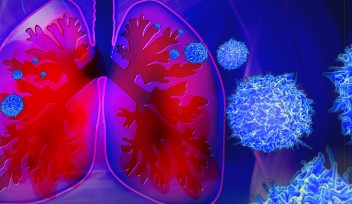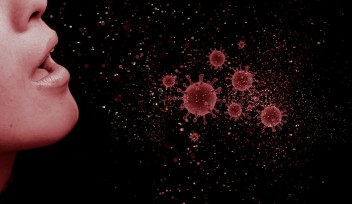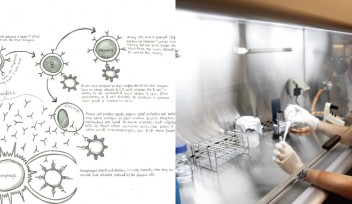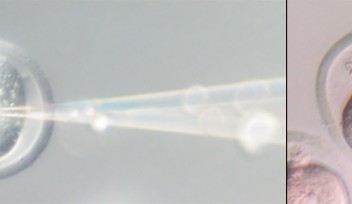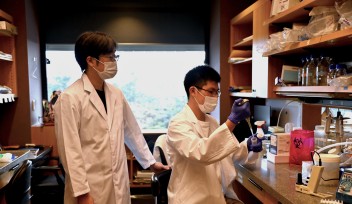Evaluating the Efficacy of a Novel Coronavirus Vaccine for the People of Okinawa
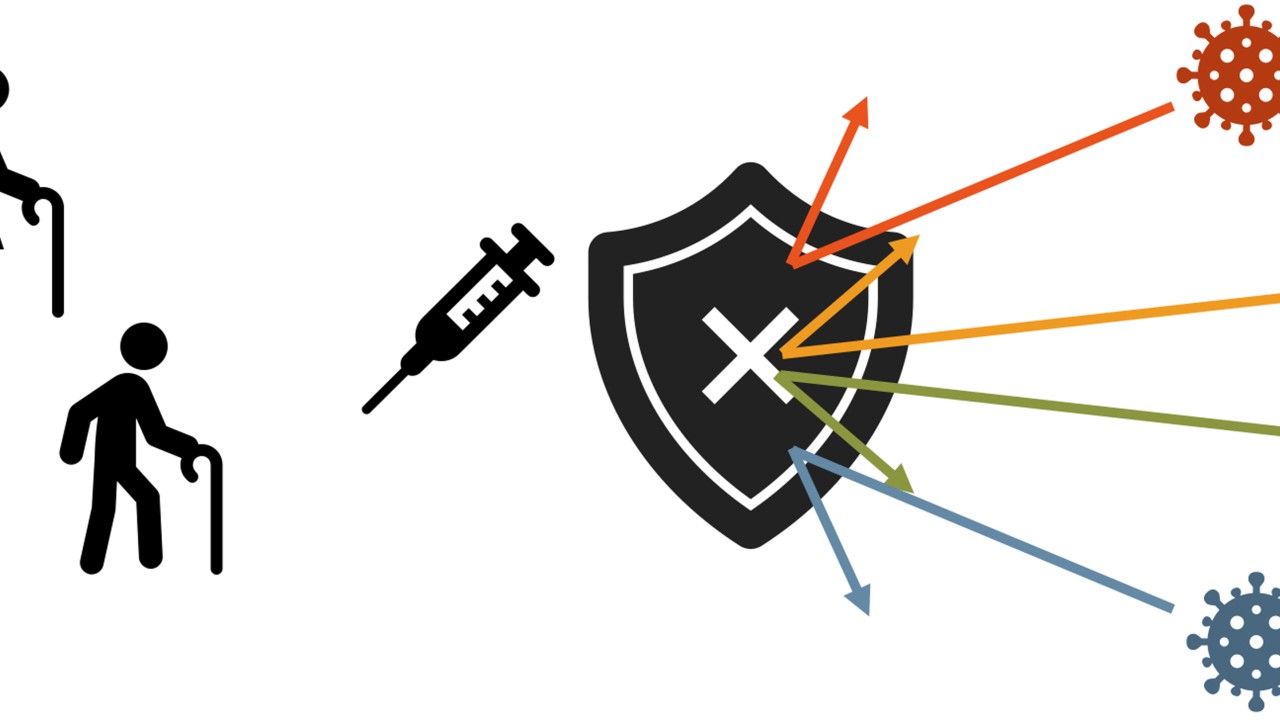
Highlights
The Okinawa Institute of Science and Technology Graduate University (OIST) and the Naha Medical Association will be conducting a joint study to evaluate the efficacy of COVID-19 vaccine for the people of Okinawa.
Press Release
To contain the pandemic, COVID-19 vaccines are currently being administered around the world. The rapid dissemination of a vaccine is an urgent issue in Japan. The development of these vaccines has proceeded at an unprecedented pace, and recent studies have shown that the vaccinations are highly effective at preventing infection. However, the basic research carried out on the COVID-19 vaccines so far is not sufficient. Little is known about whether they provide long-term protection against the new coronavirus and its variants, and to what extent individual’s differ in vaccine efficacy and the occurrence of adverse reactions. To understand these issues, it is important to study the immune responses of antibodies and T cells, to the COVID-19 vaccination.
In collaboration with the Naha Medical Association, researchers from the OIST Immune Signaling Unit (Principal Investigator: Professor Hiroki Ishikawa) measured the antibody and T-cell responses to the novel coronavirus in healthy Okinawans. They found that many Okinawans have already acquired T-cell responses to the novel coronavirus. In this research, which is an extension of that study, the researchers will evaluate the efficacy of the COVID-19 vaccine in Okinawans by measuring the immunity it induces to the new coronavirus and any adverse reactions it may have over time.
The research is supported by two research units at OIST (the Immune Signaling Unit and the Molecular Cryo-Electron Microscopy Unit), and seven medical institutions affiliated with the Naha Medical Association (Akebono Clinic, Shinkawa Clinic, Kina Clinic, Naha West Clinic, Yaesu Clinic, Yamashiro Orthopedic Eye Clinic, Naha City Medical Association Lifestyle-related Disease Screening Center and KIN Radiotherapy and Medical Examination Clinic) will participate in the study.
To look at the immune response, blood samples will be analyzed in two laboratories at OIST: the Immune Signaling Unit and the Molecular Cryo-Electron Microscopy Unit. The antibody and T-cell responses will be measured, as well as any adverse reactions to the vaccine, to evaluate its effectiveness to the people of Okinawa. By comparing the results of these measurements, the researchers will also clarify how an individual’s immune status before vaccination is related to their response to the vaccination, both in its effectiveness at preventing infection from the novel coronavirus (and its variant) and for any adverse reactions that may occur. The data obtained in this study is expected to provide fundamental insights to individual differences in vaccine efficacy and adverse reactions and why these differences occur.
Professor Ishikawa commented on this joint research, "By correctly understanding the efficacy of the COVID-19 vaccine, it will be possible to take rational COVID-19 countermeasures. This kind of basic research will also be important in preparing for future pandemics caused by emerging infectious diseases.”
Specialties
Research Unit
For press enquiries:
Press Inquiry Form











